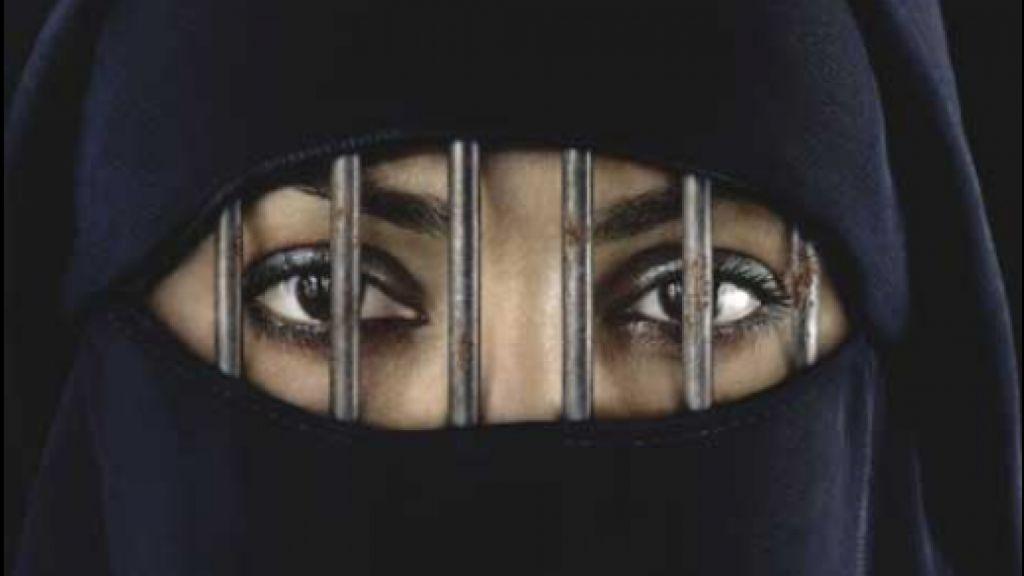Women under Sharia law
June 24, 2017 | Expert Insights

Decamping with a minor Muslim girl does not attract abduction charges nor the charge of statutory rape if the couple gets married.
The Gujarat High Court recently quelled abduction charges against a youth from Dhoraji, Arif Afvan, who had eloped with a 16-year-old Farida. The girl's father had lodged an FIR against the boy under Sections 363 and 366 of the IPC for luring the girl out of her father's legal custody. The couple had got married in 2011. The Qazi, who solemnized the Nikah of the couple, had also issued a marriage certificate.
As per Sharia laws, Muslim girls can get married before the age of 18 and the Indian courts have also approved of this.
Sharia laws
Sharia, is a set of religious principles which inform the Islamic traditions. It deals with various aspects of public and private life, including religious rituals, family, business, crimes, and warfare. In earlier times, Sharia was interpreted by independent jurists, who based their legal opinions on Quran, Hadith, centuries of debate, interpretation and precedent. Some parts of Sharia can be described as "law" in the usual sense of that word, while other parts are better understood as rules for living life in accordance with “God's will”. Sharia law regulates public behaviour, private behaviour, and even private beliefs. Of all legal systems in the world today, Sharia law is the most intrusive and restrictive, especially against women.
Analysis
Should Sharia law be banned?
A ban on Sharia law is legislation that would prohibit the application or implementation of Islamic law (sharia) in courts in any civil (non-religious) jurisdiction. In the United States, various states have "banned Sharia law". As of 2014 these include Alabama, Arizona, Kansas, Louisiana, North Carolina, South Dakota and Tennessee.
Though Sharia courts aren't recognized by the Government, they are allowed to exist. They issue their fatwas and judgements every other day, and people who want to follow them can follow and abide by the Sharia Law. But, they cannot force anyone to accept their fatwa.
If India allows Sharia law to be enforced anywhere in India, the country will no longer be a secular state. It will be an Islamic state. It will contradict its own constitution since many of the laws in the Sharia contradict the fundamental rights that Indian Constitution allows Indian citizens to enjoy.
Even the Freedom of Religion clauses in the Constitution (Article 25 to Article 28) do not refer to personal law. In fact, an explanation in Article 25 says that freedom of religion will not preclude the State from introducing social reforms and enacting laws on subjects traditionally associated with religion.
Assessment
Our assessment is that, India is a secular state which doesn't give special conduct to any religion. While most of the religions come under a common civil code, Muslims in India have a separate civil code. The government should re-think the imposition of Sharia law in general.
There needs to be a clear separation between the state and religion in general. During the Dark Ages, the cultural and economic deterioration in Western Europe was largely due to the totalitarian power wielded by the Church. It’s a lesson in history that humanity can still stand to learn. We think that the government should impose a uniform civil code that will serve the best interests for all in the country.








Comments